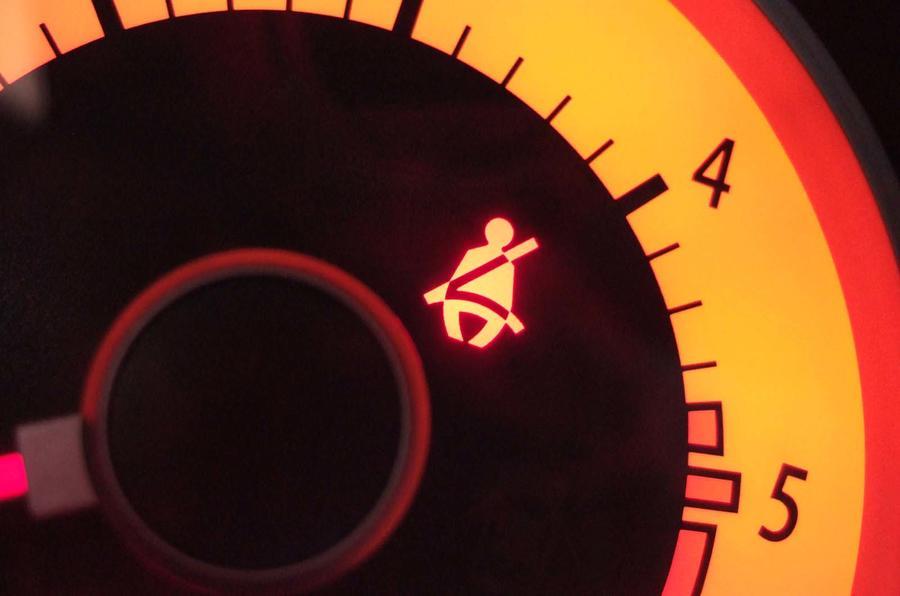International efforts to contain coronavirus fatalities show what is possible with strong Governmental leadership - and what could be achieved if a similar focus was put on to reducing road fatalities, Jean Todt, president of road safety and motorsport body the FIA (Federation Internationale de l’Automobile) has said.
Highlighting that in 2020 there have been an average of 3800 deaths a day on the roads - more than the typical daily average globally for coronavirus - Todt said, speaking to racefans.net: “Our goal to reduce today’s road death rate by half by 2030 is ongoing, but one thing we have learned during this lockdown is that when Governments really look to apply rules then they can enjoy great success.
“Of course, I am not wanting to draw comparisons - road deaths have fallen in line with restrictions during this terrible crisis - but what is clear is that we have seen that, with the right prescriptions, things that didn’t seem possible can be achieved.”
Todt also highlighted the long-term changes to transport and mobility that could spring from coronavirus lockdowns, noting that “nobody could have predicted that the world would be almost free from traffic jams and pollution for a period” but added that it was too early to say what long-term changes could result from it.
“On one hand people have realised how important freedom is, and I hope they remember that,” said Todt. “But I must say I am also sceptical on how long some of the impacts will last. Already it seems clear people won’t like getting on public transportation, so they’ll probably end up taking their own transport, creating jams and increasing pollution again.
“It is understandable, but it is also important to recognise that we must be part of the solution. All of the FIA member clubs can play a role in that and we must look to what can be achieved.”
Dieter Rencken
Read more
Coronavirus and the car world: driving test suspension, more plant closures






Join the debate
Add your comment
Total annual UK deaths from
Total annual UK deaths from road accident are 1700, if we could get COVID 19 deaths down to that level it would be a sucess!
To get down below 1700 you are in the zone of diminished returns given that the UKs roads are basically the world safest.
The only significant levers left are autonomous cars (long term), up grading cycling infrastructure and upgrading roads to statistically safer standard.
I suspect Jean Todd is really on about Africa and Asia.....
@Peter Cavellini
Yes Peter, I would be happy to be tested (every 5 years would be my suggestion).
I've taken additional driver/rider training several times both on road and on track and firmly believe it makes sense.
I would build more prisons if it were down to me and introduce legislation to seize vehicles from the worst offenders, as we have done with Proceeds of Crime legislation.
The abysmal driving standards of some drivers, I would put down to the blasé attitude they show as soon as they pass their test - that's it, test passed, never gonna be tested again - can do what I want now....and so it all goes down hill from there.
The worst will happily trundle along in the most dangerous situations (congested urban roads), over the speed limit or 2 feet from the car in front, high as a kite on weed, whilst phoning their mate.
As far as they are concerned, the chances of being pulled by the Police are low (not enough patrols) and as they believe driving is now their right, why should they bother?
This is the sort of loutish behaviour that leads to accidents and should be actively eradicated from our roads.
You may not agree but without the visible Police deterrent/enforcement, on-going driver training, re-testing on a regular basis and REAL consequences, are the only real-world solution to making our roads a safer place for all travellers.
It’s true.
Haven't seen a Policeman with a speed gun for ages, then again the recent Bank scandal and then Brexit cut lots of budgets up and down the Country, so that's where speed trapping went, ok, it's mostly Cameras now, but a Bobby at the side of the road, his Yellow jacket highly visible was a deterant, and a ticking off at the side of the road had more effect, I think it's Norway whose speed fines are based on your income? With a set minimum.
I agree with you criticism
Many factors
Accidents are rarely caused by one factor alone, and Todt assumes all road deaths are driver issues . As well as driver error poor road design, lack of maintenance , car and highway, also cause problems. Should we jail the council leader for not repairing potholes, or the boss of Michelin if one of his tyres blows out.
Look at Risk , very low per mile travelled.
We can eliminate risk completely if we want to. That will severely curtail driving for millions. Ban older people, disabled people, only drive in daylight, no kids or pets in cars, limit speeds everywhere to no more than 30mph, even Motorways. All will reduce fatalities. Maybe we should all go back to horses, no risk there.
The balance between risk, freedom and cost of travel I believe is just about right in the UK. Technology helps, education and vehicle safety will continue to improve. Nothing radical is needed.